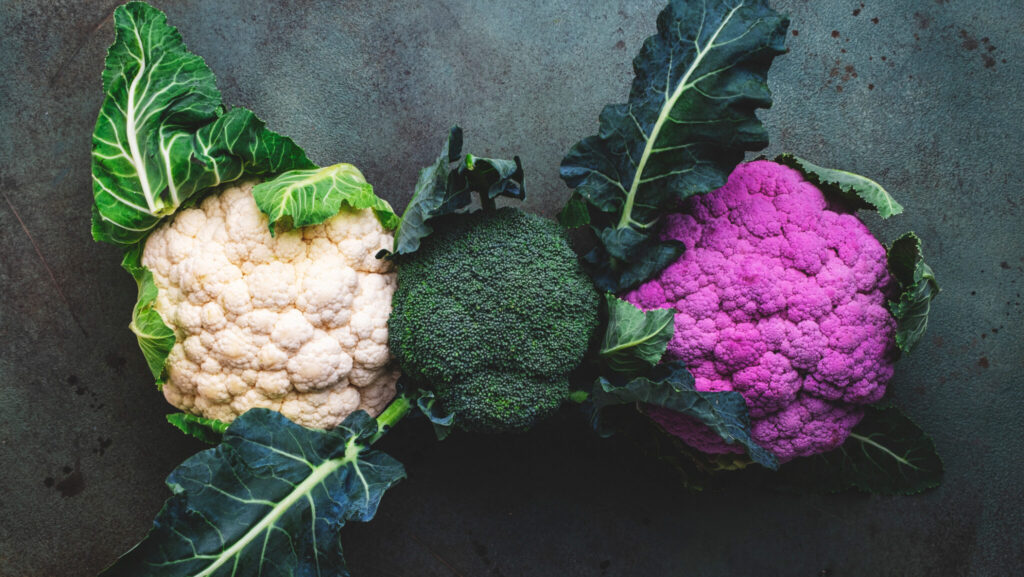
Scientists have identified a natural compound found in some cruciferous vegetables that not only has anti-cancer properties but also targets the oral microbial biofilms responsible for cavities.
In a study published in Antibiotics, researchers found that 3,3′-Diindolylmethane (DIM), also known as bisindole and found in vegetables such as broccoli and kale, reduced biofilm formation by Streptococcus mutans — the main bacterium responsible for tooth decay — by 92 per cent.
Biofilm is the sticky layer of bacteria that builds up on teeth, also known as dental plaque. S. mutans is a key contributor to this buildup, which can lead to cavities.
“The anti-biofilm and anti-virulence properties of DIM against S. mutans in an oral setting provide evidence for its usefulness in reducing biofilm formation and potentially preventing cavities,” the authors wrote.
Previous studies indicate DIM has strong antimicrobial and anti-biofilm activity, suggesting it could be used to disrupt S. mutans biofilms and reduce the risk of tooth decay.
Read related article: Mouthwashes and Their Use in Dentistry: A Review
Related article: Toothpastes in Dentistry: A Review
Potential for toothpaste, mouthwash
“The molecule, which shows low toxicity, could be added to toothpastes and mouthwashes to greatly improve dental hygiene,” said lead author Prof. Ariel Kushmaro of the Avram and Stella Goldstein-Goren Department of Biotechnology Engineering. He is also a member of the Ilse Katz Institute for Nanoscale Science and Technology and the Goldman Sonnenfeldt School of Sustainability and Climate Change.
The study was conducted with his student Yifat Baruch, Dr. Karina Golberg, Prof. Robert S. Marks of the same department, Qun Sun of Sichuan University, and Karina Yew-Hoong Gin of the National University of Singapore.